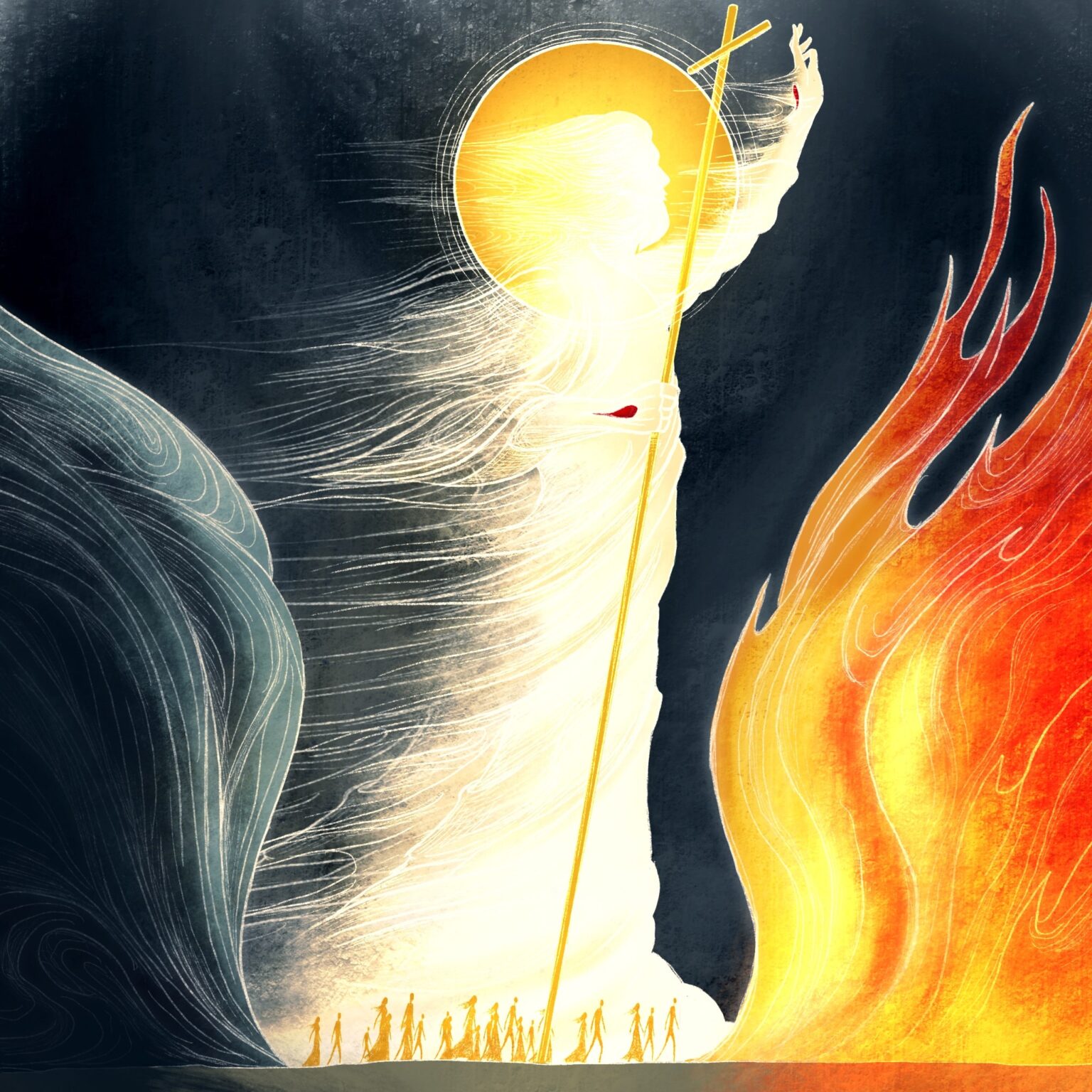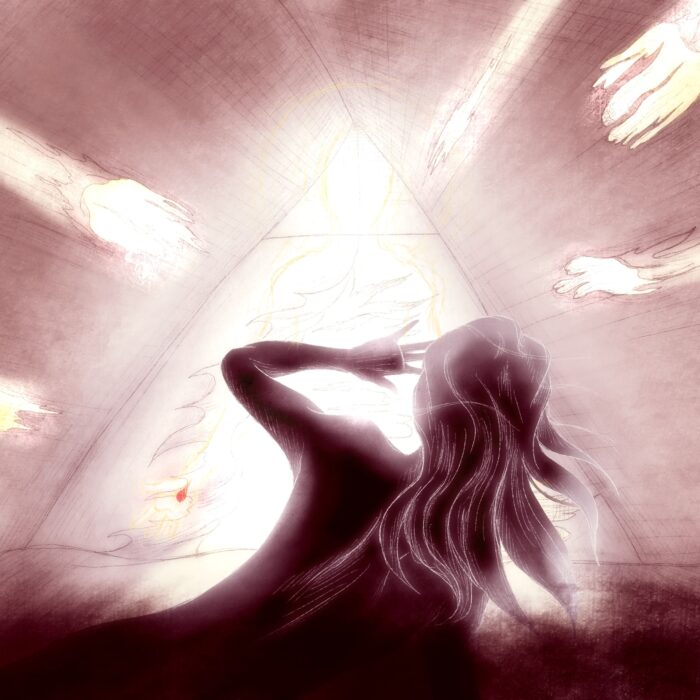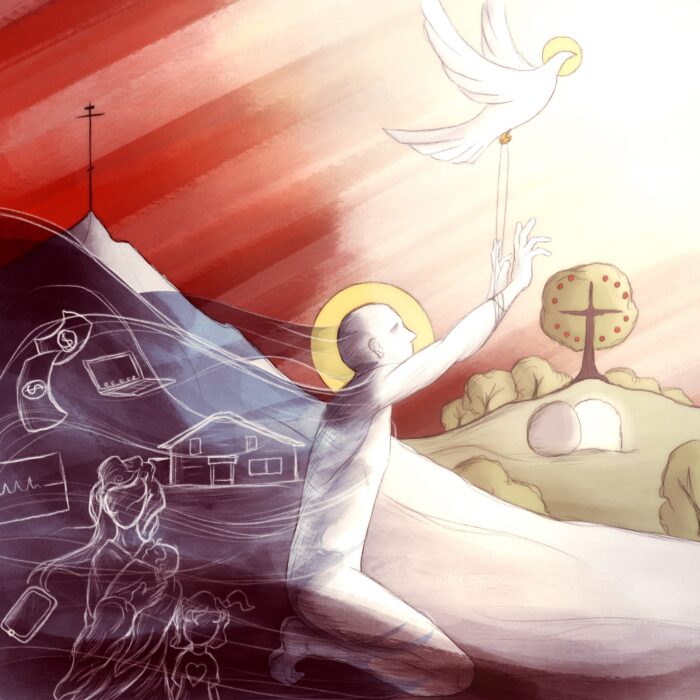
Habakkuk 3:5, “Before Him went pestilence, and plague followed at His heels.”
Habbakuk’s Prayer in chapter 3 starts by recalling the way that YHWH has revealed Himself to His people in the past through His work (the exodus and surrounding events seem to be view). Building on this, Habakkuk asks the Lord to now revive and make known that same character, that same glory, that same Name that was the salvation of Israel in the past. To this end He prays, “in wrath remember mercy” (3:1-2).
The “wrath” he refers to is the present invasion of the Babylonian army, the “mercy” that he seeks is a showing of YHWH’s steadfast love and faithfulness which moved Him, first to redeem Israel from Egypt, and then to depart from Sinai and go in their midst, even though they were a stubborn and sinful people. Habakkuk seems to be asking the Lord, even in the midst of the outpouring of His wrath, to show Himself once again to be the God “gracious and merciful, slow to anger and abounding in steadfast love and faithfulness…”
It is telling that Habakkuk assumes that YHWH’s mercy is more fundamental to His character than His wrath….we know this because, in asking the Lord to “revive” His works and ways of old, the “revival” envisioned is mercy. Of course, we can now look back after the cross and say that—beyond all anticipation—in wrath, the Lord did in fact show mercy. Yes, because the supreme expression of His wrath—the outpouring of hell itself on the Son at the cross—is simultaneously (and precisely in being an expression of wrath) the supreme expression of His mercy. YHWH’s name, the name He revealed in His works of old will be “revived” beyond Habbakuk’s greatest hopes, it will be disclosed and proclaimed to all nations through the promised Messiah.
Considering that “mercy in the midst of wrath” is something of a theme in Habbakuk’s request, I wonder if we ought hear an echo of that idea in verse 5? There we read a poetic recounting of YHWH’s works during the exodus which includes the phrase: “Before Him went pestilence, and plague followed at His heels.” Obviously the main idea in this verse is that the Lord worked powerful and saving miracles for His people during the exodus and following events. But notice that the imagery conjured by verse 5 presents YHWH Himself as secure epicenter of wrathful destruction, as the untouched “eye” in the midst of a storm of pestilence and plague. This seems to imply that the only safe place in the midst of God’s wrath—the place of mercy—is with / in God Himself.
This is only an extrapolation of the poetic imagery in verse 5, however, I think we are justified in doing so because—post cross—we see that this is precisely the case. All the world is under the wrath of God (John 3:36; Rom.1:18, Eph. 2:1-3), and the only place to find mercy in the midst of it is by running to—and, indeed, hiding in—YHWH Himself; namely, YHWH incarnate, the sacrificed and living Jesus Christ, who has borne the totality of that wrath in Himself and has become the refuge for any and all who will run to Him…..Pestilence goes before Him, plague follows at His heels, but in the midst mercy is found in the one who bore pestilence and plague in our place.




